Do you have a desire to control every aspect of your life? If yes, then you are a control addict. Control addiction is the most destructive addiction no one is talking about.
I am a recovering control addict.
I have vivid memories from childhood being incredibly anxious and given the same advice by multiple teachers — “You need to let go”.
I had no idea what that meant, and it only became evident in the last three years. As I head towards the milestone of turning 40 this year, it has been my most outstanding achievement to encode what letting go of control addiction truly means.
I have shifted from a tense and controlling A-type to one of mental agility, calm and acceptance. Don’t get me wrong, I am still fully A type, but I have softened from my tightly wound mould.
It has been a journey to get to this point, and there are many days I fall off the wagon.
If you find yourself feeling stuck, anxious and overwhelmed by the perceived lack of control you have over your days, then I encourage you to read on.
Read Confessions Of A Control Freak And Why We Should Let Go
WHAT IS YOUR CONTROL ADDICTION DEVICE?
Personal development expert, Tony Robbins, outlines six human needs that fundamentally affect how we make choices. Each of us prioritizes our needs differently, and we base our decisions on which needs we put first.
One of these needs is certainty. Robbins defines it as the assurance you can avoid pain and gain pleasure.
My control addiction was – to create certainty in my life was my routine.
Being an A-type personality, I like structure in my day, and I am incredibly self-disciplined. My routine gave me the predictability I needed, especially in the chaos of Covid.
This didn’t turn out too well when I had efficiently mapped out my calendar with the kid’s school timetable and extra murals, and then suddenly, it was turned on its head when home-schooling became a reality.
My daily mantra was “but I should do this task at this time, and you should be doing X”. I was so frustrated and angry at how my perfect plan was not being executed, and I felt like I had lost all control of my world.
As a result, this played out in me snapping at my family and not being the most pleasant human to be around, if I’m honest. That’s how control addiction affects you.
I had to replace should be with acceptance. My new mantra became ‘The situation is what it is and I cannot change it’.
I had to let go of thinking I could complete every task on my success list (I do not believe in to-do lists) and instead aim for daily doses of progress.
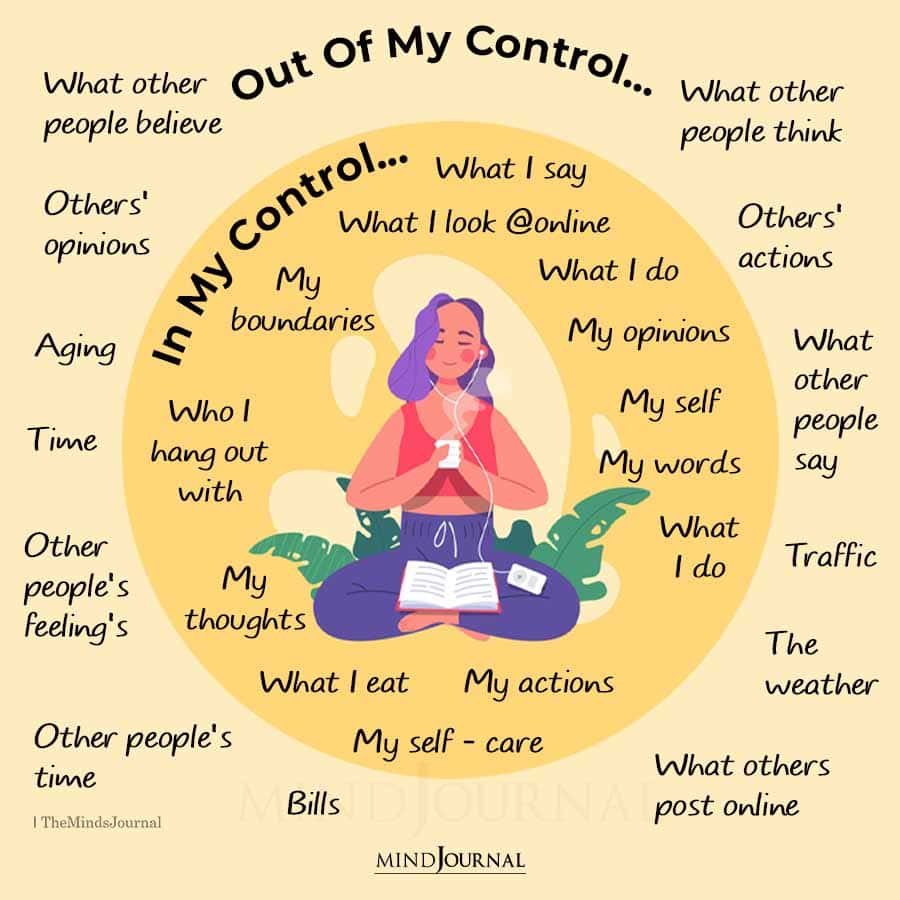
Read 15 Art Therapy Exercises to Control Your Mind and Channel Your Emotions
I had to accept that I could only get through maybe two or three big priorities in a day, and that was ok. The question that enabled me to make this shift was:
“How do you want your kids and family to remember you during this time?”
It was a punch to the throat and a severe reality check.
I didn’t want them to remember me uneasy and make them feel like an interruption and burden to my day. I wanted them to feel supported, calm and loved.
It wasn’t easy to magically make this mental shift, but I had a choice in the matter.
The choice was: I can spend my time resenting the situation or embrace it. The work had to be done. The homework had to be done.
I could either do it with an attitude of contentment and acceptance or as a victim full of resentment.
You get to make the same choice.
The task is going to get completed irrespective of the mood and state you bring to it. However, the impact you make on those around you and how you experience your day will shift dramatically based on your choice.
HOW DO YOU MEASURE YOUR SELF-WORTH?
When homeschooling became a reality in March 2020, I had to reduce my regular training and coaching hours to be present for their school day. The drop in working hours affected me dramatically because I had linked my self-worth purely to work achievements.
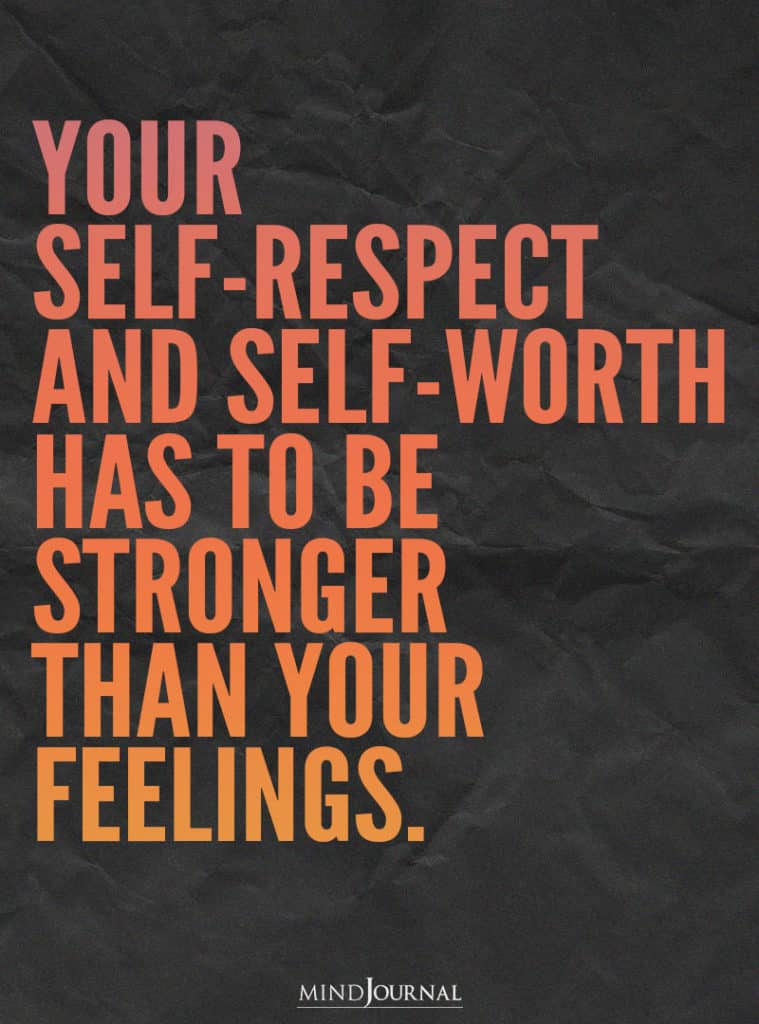
Linking self-worth to factors beyond your control is referred to as an external locus of control. I had gained my validation from the number of meetings, bookings and clients I had. If I was busy, I felt terrific, and if I were having a quieter period, it would fill me with self-criticism.
We link our worth to numbers too — the number on the scale, the number in our bank account, our number of friends and the number of likes. The result is an internal narrative of never feeling enough now. It is always “one day when”…
One day, when I have that figure in my bank account, I will feel worthy.
I was clinging to the control that being busy gave me and ultimately only increased my anxiety. So, control addiction is not good for your mental health.
I had to shift my perspective from seeing homeschooling as a distraction from my “real work” as equal and part of “my actual work”.
Permit yourself to reframe how you internalise your self-worth. It should come from multiple areas and roles in your life. We are not one dimensional; our sense of achievement cannot be so linear either.
Perhaps you are facing home-schooling, looking after elderly parents, or supporting your community. When you find worth in all the roles you play, you bring more meaning and purpose to the time dedicated to them.
The time is not “spent” on them, but invested. When you choose to place value on the roles external to work, you drop the sense of resentment about where your time “should be” better spent.
When you can operate from this space, you become more present in the moment and accept what the situation is rather than your ideal of how you want it to be. That’s how you slow down control addiction!
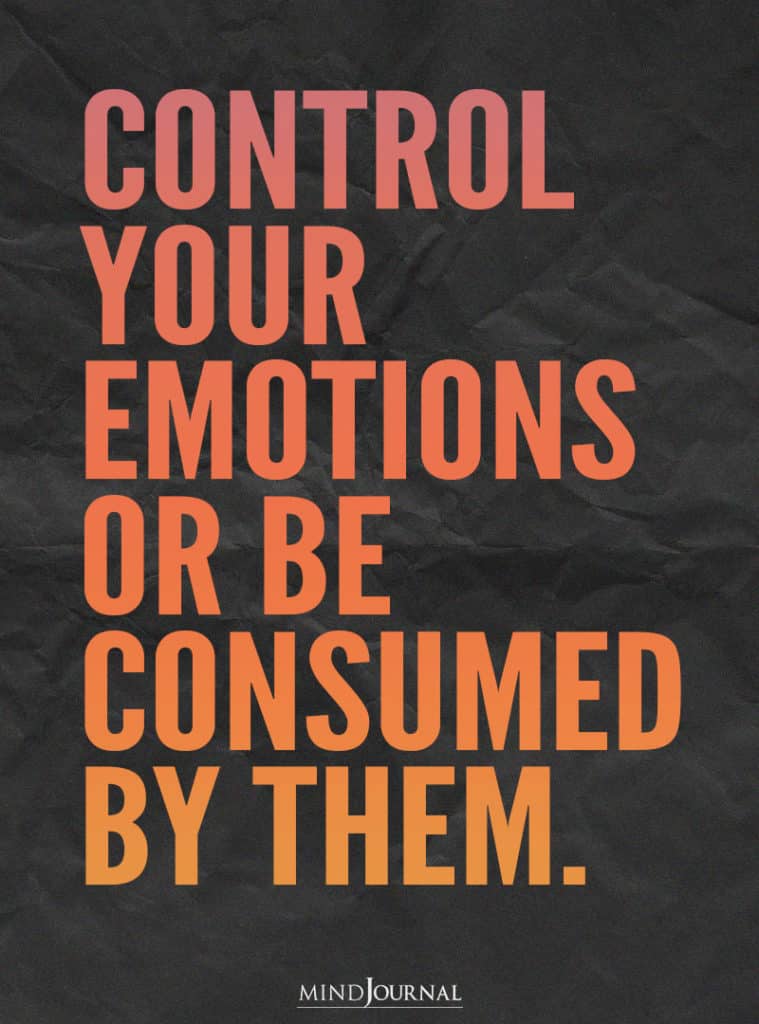
GIVE YOURSELF PERMISSION TO DO THINGS DIFFERENTLY.
Introducing remote working has meant a serious revamp of your daily routine. You now have a choice of how to structure your day. You are no longer in the confines of a traditional 8 AM to 5 PM workday.
Instead of this choice filling you with energy and excitement, it created more stress.
The majority of my coaching clients have experienced an internal tug of war about allowing themselves to embrace going for a run at 8:30 because it worked better with the new setup.
The self-talk was “I should probably log on now. How can I go for a walk at lunchtime?”. Even though it worked way better, there was a fear of letting go of the old routine.
The apprehension to reconfigure your day is often based in a fear of judgement from other people. What will they think of me if I’m not online all day?
At the beginning of 2020, I remember wishing that my morning could unfold more calmly instead of arriving at the gym at 5 am, then dashing home for the school run. Although I had mastered getting ready in 12 minutes, it wasn’t the ideal way to begin the day with such a frenetic pace.
When lockdown happened in March 2020, I replaced the 5 AM gym slot with meditation, yoga and journaling. I moved my exercise out later because it worked for me and was so much more efficient.
It took some time to allow myself this space and enjoy my mornings. I let go of the old way and permitted myself to do things differently.
Of course, you can’t miss your work commitments and suddenly ditch the weekly team meeting. But nothing is stopping you from booking out a 16:30 session on a Wednesday to do your favourite exercise class or paint a painting because that will fuel your soul.
Make the flexibility remote working offers work for you. Let go of how you used to do it. Let go of control addiction!
DROP THE CARROT AND STICK APPROACH.
In his brilliant TED talk, The Puzzle of Motivation, Daniel Pink reveals how science has proved that the carrot and stick approach to motivation does not work. A big reward will not drive greater productivity; it sabotages it.
Why do you use the same approach for yourself?
You do not need to earn your kindness.
The mental chatter becomes “If I work hard in the week, then I will earn time to relax on the weekend”.
What happens if you don’t finish all your work? Not because of lack of effort but most likely unexpected circumstances or you are slave-driving yourself with unrealistic deadlines.
Are you going to deprive yourself of your recovery time?
No wonder you feel you have no control over your world. And trying to control leads to control addiction.
You do not need to earn the right to be friendly and have compassion towards yourself — drop the carrot and stick approach.
All you can do is make progress, acknowledge your wins and remind yourself you are doing the best you can with the resources available to you now.
If you never allow yourself space to recover or partake in activities you love like painting, writing or cycling; you will end up in burnout with your stress levels through the roof.
Schedule yourself into the calendar and honour the slot unconditionally.
This perceived lack of balance in your life is because you do not allow yourself anything to look forward to over the weekend.
Ditch the guilt, take the time for yourself with no conditions, and you will experience gentler days.
MANAGE YOUR STATE TO OVERCOME CONTROL ADDICTION
Authors Preethaji and Krishnaji make a profound statement in the book, ‘The Four Sacred Secrets’:
You can choose to live in a beautiful state or a suffering state.
Suffering refers to stress, overwhelm, anxiety and frustration that comes from need to control everything or control addiction.
They define a beautiful state as “serenity, happiness, gratitude, love or courage. The essence of a beautiful state is the absence of conflicting mental chatter, a greater presence to life, and a richer connection to the people around you.”
It took me six months of daily migraines in 2020 to learn the cause of them was self-inflicted.
I cut out certain foods, started mindful breathing classes, got glasses and ultimately, the headaches were triggered by anxiety about control that I refused to acknowledge.
In ‘The Four Sacred Secrets’ a powerful question is posed:
“Recognize the state in which you have spent most of the past year. If this state were to become your mental and emotional baseline for the rest of your life, would you be a happy person or an unhappy person? Please see the truth.”
If you answered the latter, here is the good news — you are one decision away from creating the life you want. It all begins by owning your headspace about how you approach your day.
For example, be aware of setting yourself false time deadlines; when you are working on a task, is it due tomorrow or are you trying to be a people pleaser?
Do not commit to timelines that put you under significant stress. Do not assume everything is urgent.
Manage people’s expectations with responses like “My schedule is jam-packed until Wednesday, would Friday morning work for you?”. Guess what — they will most likely say yes.
Let the urgent firefighting work be the exceptions and not the default.
You have the choice to enjoy your days. Despite the deadlines, the busyness and new way of being.
You can decide to do every day in happiness. Irrespective of what the external circumstances bring, you can choose your state and stop control addiction.
GET OFF THE SOMEWHERE TRAIN.
A belief that stillness equals stagnation fueled my anxiety. If I wasn’t cramming the time available to myself to its maximum capacity, I was wasting time.
Wasting time = mediocrity = I will miss the “Somewhere Train”.
I always needed to get somewhere — clearly not physically during Covid — but from an achievement perspective.
I would enter my office with an attitude of time scarcity. “What if I don’t complete what I need to in the allocated time?”. The focus became outcome-based and I forgot to enjoy the process.
I was in a mental jail.
I was so tightly wound with fear that I sabotaged every task that would typically bring me joy. Having a great writing session became a criticism that I never finished the article instead of focusing on my progress.
The shift to letting go of this behaviour was setting an intention before every work session. I entered the workspace excited to create irrespective of what I finished — and also mindful that the deadline was a preference and not necessarily reality.
I encourage you to do the same. Set your intention ahead of the task and be aware of entering the session in a state of fear and “what if?”.
MOVE INTO FAITH AND TRUST.
Covid-19 put me to the test if I really can implement all I learnt from my meditation and yoga practice. It’s one thing to be Zen-like on the yoga mat, but how do you show up amid the daily challenges when it counts?
During a coaching session last year, my coach posed an interesting question:
“Do you feel like the universe has your back?”.
I paused and thought about this and realised the answer was no. I believe in a greater power than myself, but I didn’t think I could trust it.
I was somehow not included in this abundant universe; they left me off the list.
Have you ever been the organizer of an event — a party, a function, or a work event? The pressure is appalling because you have to take responsibility for everything that could and probably would go wrong.
On the flip side, think about how wonderful it is to arrive at an event as a guest. All you need to do is show up and enjoy the show.
I kept trying to be the host of my own event called life and wanted to control every aspect, so it went perfectly.

My ethos is about taking action and responsibility for my choices and owning what happens to me. I would never suddenly sit back and wait for things to happen for me and relinquish accountability.
However, I had swung the pendulum too far, and I needed to find a balance.
During meditation, a powerful mantra echoed, “I let go of the anxiety and desperation of my limited self and make space for universal intelligence to flow through and guide me”.
At that moment, I got it. I got I wasn’t alone, and I needed to replace this constant forcing to make things happen according to my defined timelines, and trust that I would get there by taking action daily.
The realization was I have zero control.
Once I had internalised that, I could let go of trying to bend reality to my personal preferences and only allow myself to be happy and content if it matched my picture of what reality should be.
I could be the guest and enjoy the show despite what was on the agenda.
With genuine faith, I could let go of the belief that life was happening to me and instead accept that life was happening for me.
Every challenge gave me a lesson, and I trusted I would be better for having experienced it. It was there for my growth.
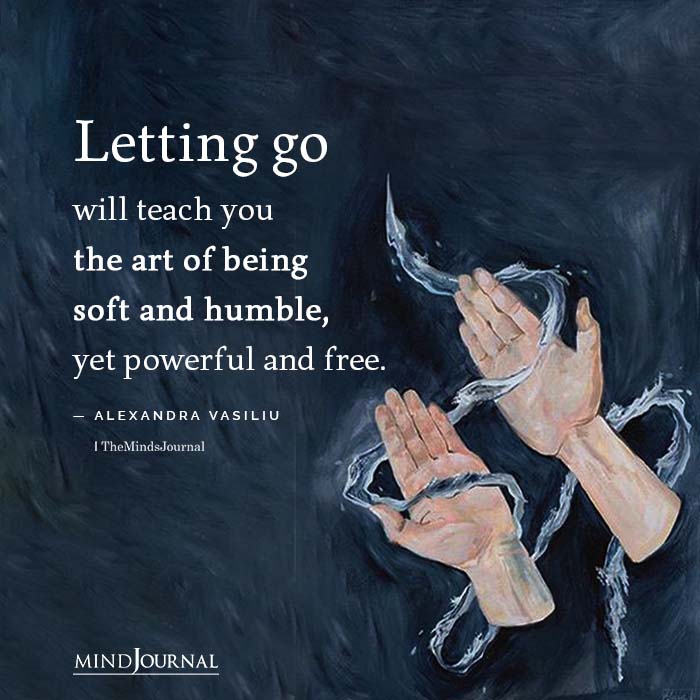
SO WHAT’S THE WAY FORWARD?
I hope you recognise yourself in some of these points. What can you do now to break the cycle of the control addiction and let go?
As with most things, it begins with a better set of questions.
· Identify your control addiction device and ask yourself if it is serving you?
· Can you find the self-compassion to act with more kindness towards yourself?
· How do you want to show up to yourself and your family?
· What if you gave yourself recovery time unconditionally without having earned it?
· How can you fulfil the need for certainty more productively?
· What would it be like to experience your day content despite what comes up?
Letting go is a daily practice, and even when you think you have it right, life presents you with something, and you feel like you are at the beginning again.
In the words of Steve Maraboli “Incredible change happens in your life when you decide to take control of what you have power over instead of craving control over what you don’t”.
Here’s to letting go,
Warm wishes
Lori
Written by: Lori Milner Get Lori’s Personal Newsletter Every Week. It’s just the boost of inspiration you need! Stay connected at https://beyondthedress.co.za/newsletter-sign-up Originally appeared on: Beyond The Dress Republished with permission


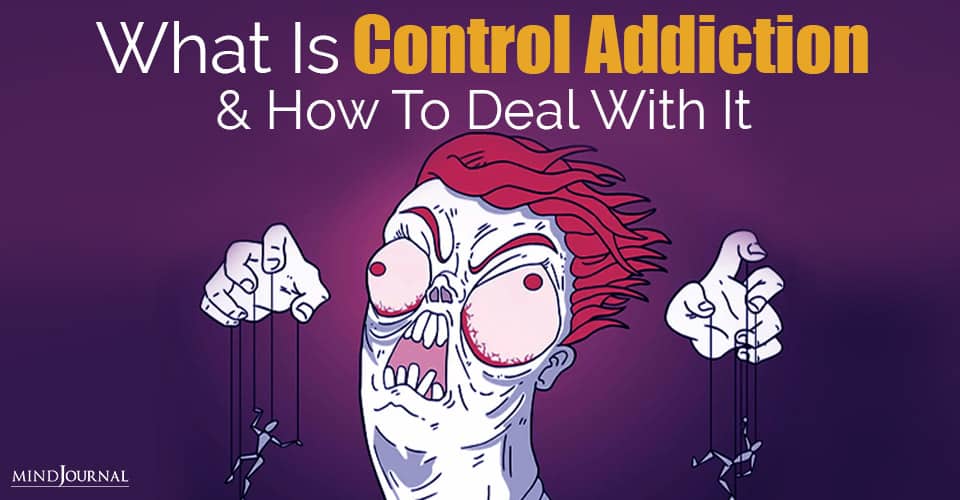






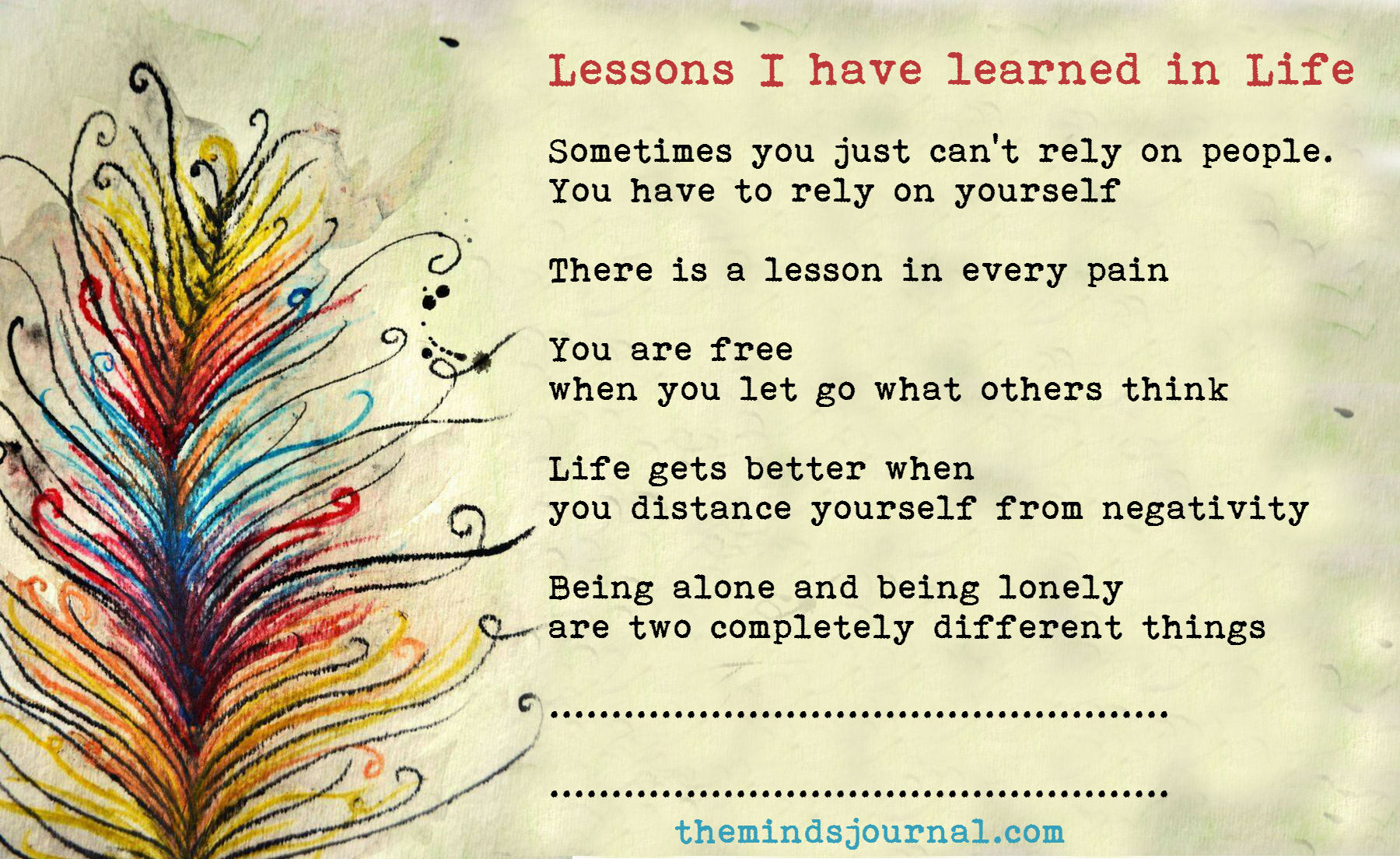
Leave a Reply